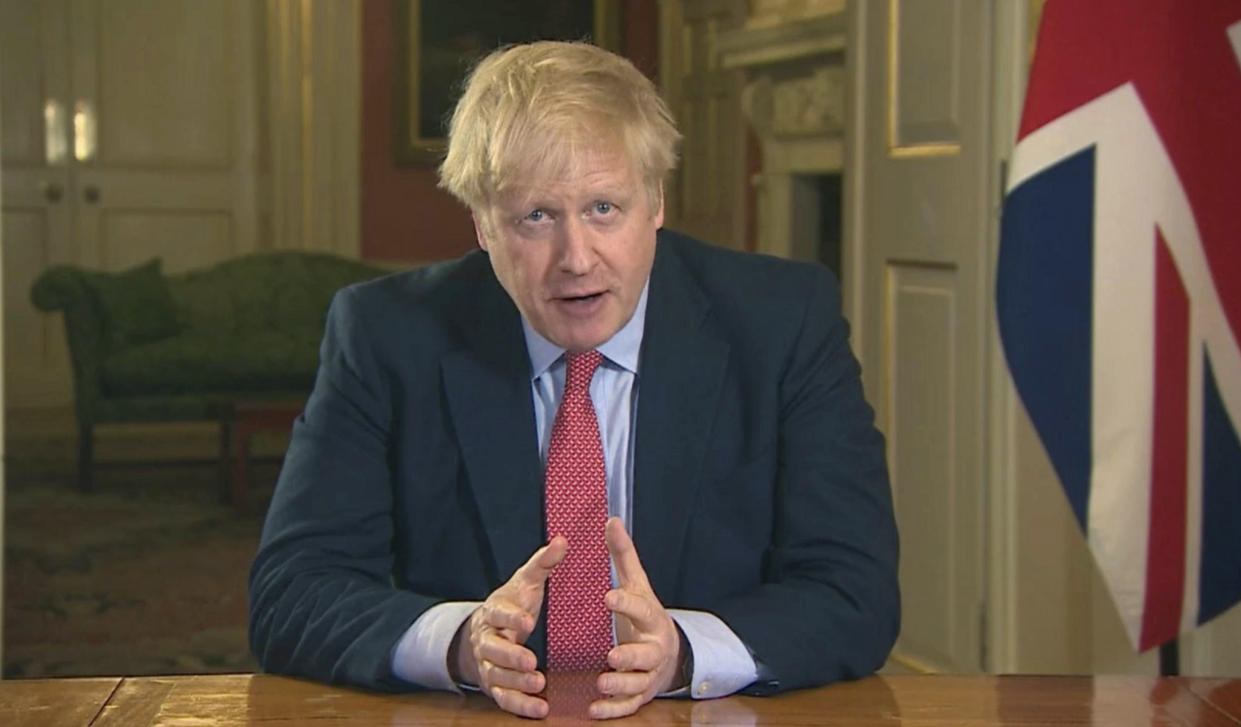Coronavirus: UK ‘failed to listen to warnings’ and 'wasted February', says editor of top health journal

Britain “wasted the month of February” in the critical fight against coronavirus, the editor of a leading health journal has claimed.
Dr Richard Horton, who edits medical journal The Lancet, told MPs at the science select committee that the government and its scientific advisers did not act on early warnings of how serious the coronavirus outbreak was in China.
The Lancet published three papers from Chinese researchers at the beginning of this year that said the NHS would be overwhelmed once the virus reached the UK.
Horton said the authors of the papers were “advocating the use of personal protective equipment” for healthcare workers, as well as supporting increased testing and isolation for positive cases.

He said: “February was the opportunity for the UK to prepare…
“We missed that opportunity.”
Latest coronavirus news, updates and advice
Live: Follow all the latest updates from the UK and around the world
Fact-checker: The number of COVID-19 cases in your local area
Explained: Symptoms, latest advice and how it compares to the flu
Dr Horton has previously been critical of government action to tackle COVID-19, saying lives will be lost as a result of “wasting valuable time”.
Meanwhile, British epidemiologist Professor Neil Ferguson, who has previously advised Boris Johnson on the pandemic, told MPs that action being taken by the government may now see cases of coronavirus decline.
Asked about what happens once the current lockdown in the UK ends, Ferguson said: "There will be some resurgence of transmission but the hope is that by employing more focused policies to suppress those local outbreaks, we can maintain infection levels at low levels in the country as a whole indefinitely.
“It remains to be seen how we achieve this and how practical it proves to be."
Ferguson also predicted that action being taken now would mean the NHS would ultimately be able to cope with the epidemic.

He added: "There will be some areas that are extremely stressed but we are reasonably confident – which is all we can be at the current time – that at the national level we will be within capacity.”
The committee also heard that the public will be able to conduct coronavirus antibody tests at home within a matter of days, rather than weeks and months.
Professor Sharon Peacock, director of the National Infection Service at Public Health England, told MPs that 3.5 million tests had been bought and would be available in the "near future”.
Coronavirus home test delivery a ‘matter of days’ away
She said the tests would also allow key workers like doctors and nurses to go back to work if they have developed antibodies.
Peacock said a small number of tests would be tested in a laboratory before being distributed via Amazon and in places like Boots.



